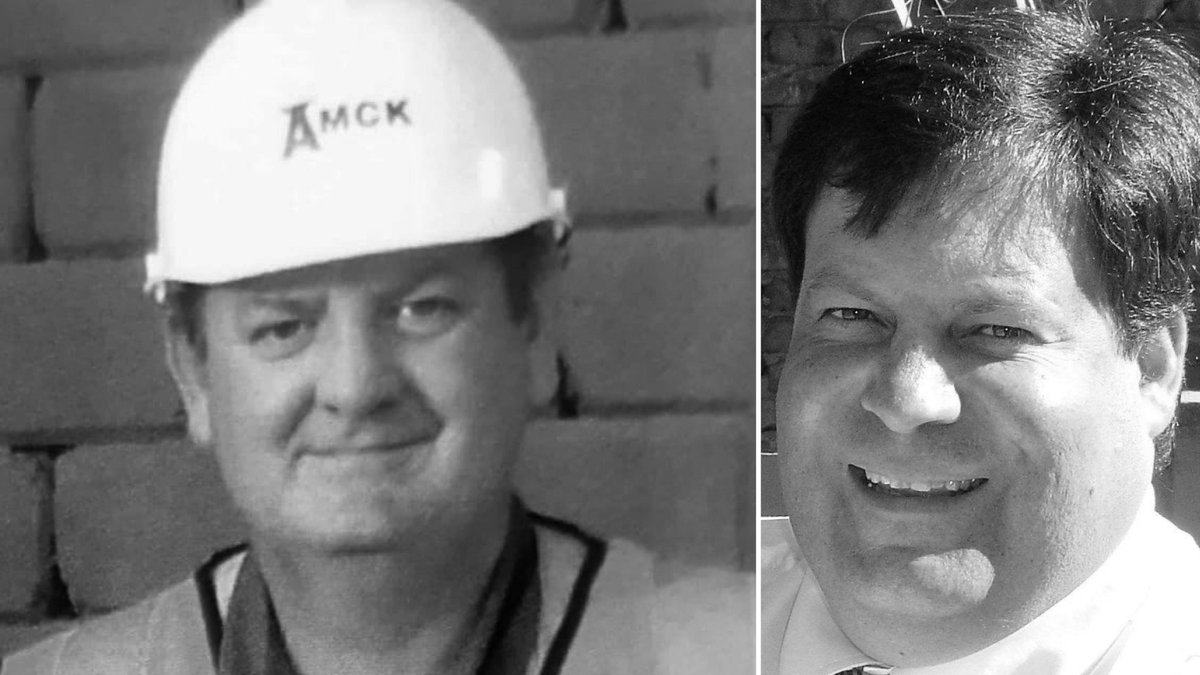
*** NEW INVESTIGATION: A MONEY PIPELINE ***
He's a billionaire. Son-in-law of a Kazakh dictator. Director of Gazprom.
Documents I’ve seen indicate he was also the beneficiary of a secret scheme to divert profits from big state pipeline contracts. (1/9) ft.com/content/80f25f…
He's a billionaire. Son-in-law of a Kazakh dictator. Director of Gazprom.
Documents I’ve seen indicate he was also the beneficiary of a secret scheme to divert profits from big state pipeline contracts. (1/9) ft.com/content/80f25f…
Timur Kulibayev was a top official overseeing Kazakhstan’s business interests when the Russian group ETK won pipeline contracts. The leaked documents indicate that ETK agreed to channel a share of the profits from pipeline contracts to Kulibayev. (2/9) gazprom.com/about/manageme…
It all started back in 2007, as the financial crisis was shifting power from west to east. The rulers of Kazakhstan and China agreed to build a multibillion-dollar pipeline to carry Central Asian gas, long mostly exported to Europe, to China. (3/9) ig.ft.com/sites/special-…
Kulibayev is one of the most powerful figures in the vast energy industry of the former Soviet Union. In the UK, he’s best known as the mysterious buyer who paid Prince Andrew £3m over the list price for his royal mansion Sunninghill Park. (4/9)
thetimes.co.uk/article/kazakh…
thetimes.co.uk/article/kazakh…
The leaked documents indicate the secret scheme to divert profits from pipeline contracts to Kulibayev would have made him some $53m from one set of transactions alone. Here’s how it appears to have worked. (5/9)
The @FinancialTimes sent questions to Kulibayev before we published the story. (6/9) 

We’re publishing some of the documents that support our reporting. Here’s a guide to those documents and what they appear to show. (7/9) ft.com/content/2694cd…
The details of the secret pipeline scheme have emerged in part because of attempts by Aisultan Nazarbayev, grandson of the Kazakh leader, to reveal corruption he suspected his relatives of orchestrating. Aisultan died in London in August. A coroner is investigating. (8/9) 

Here’s the full story of the billionaire Gazprom director, the “king contractor” and the secret pipeline scheme. (9/9) ft.com/content/80f25f…
• • •
Missing some Tweet in this thread? You can try to
force a refresh




